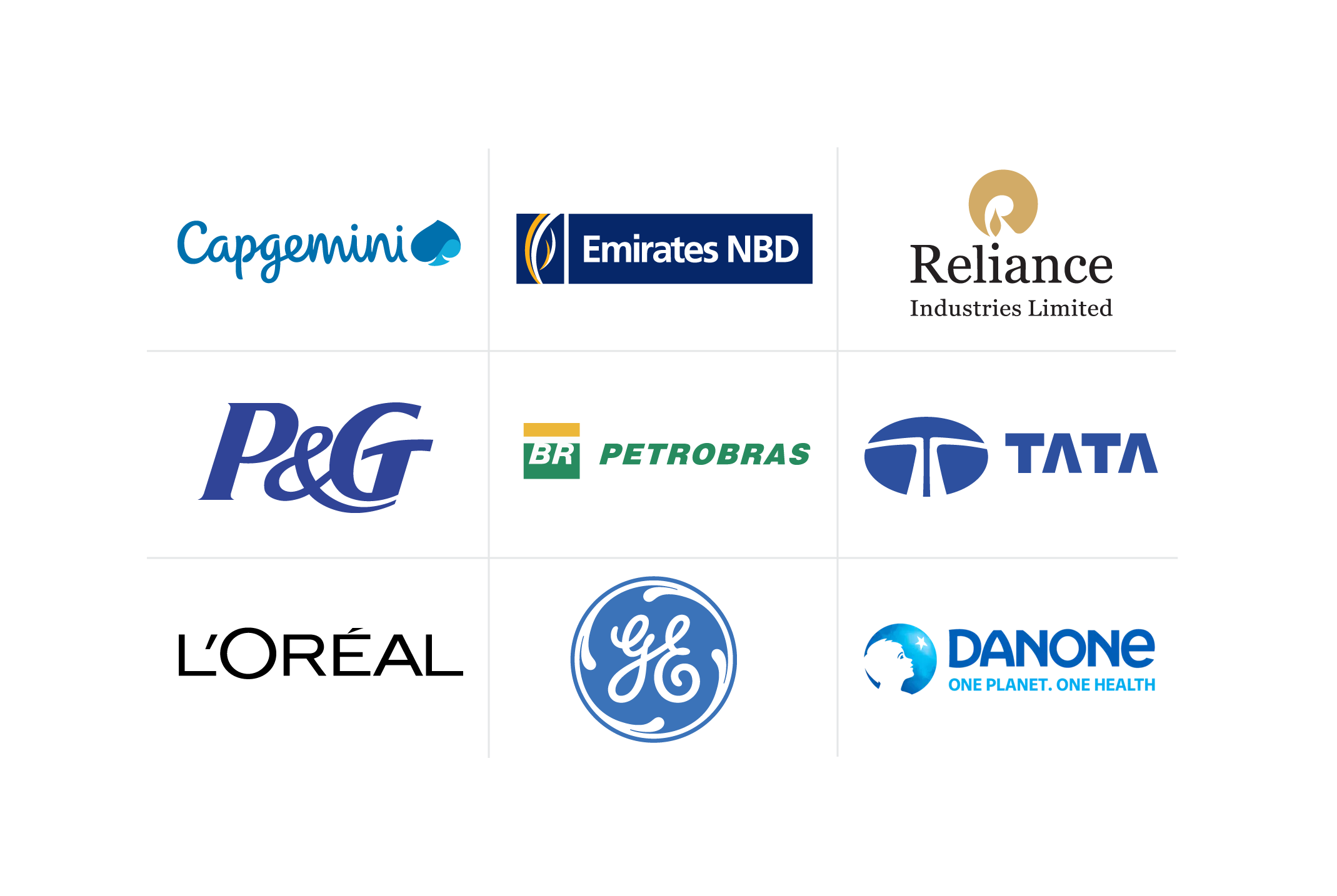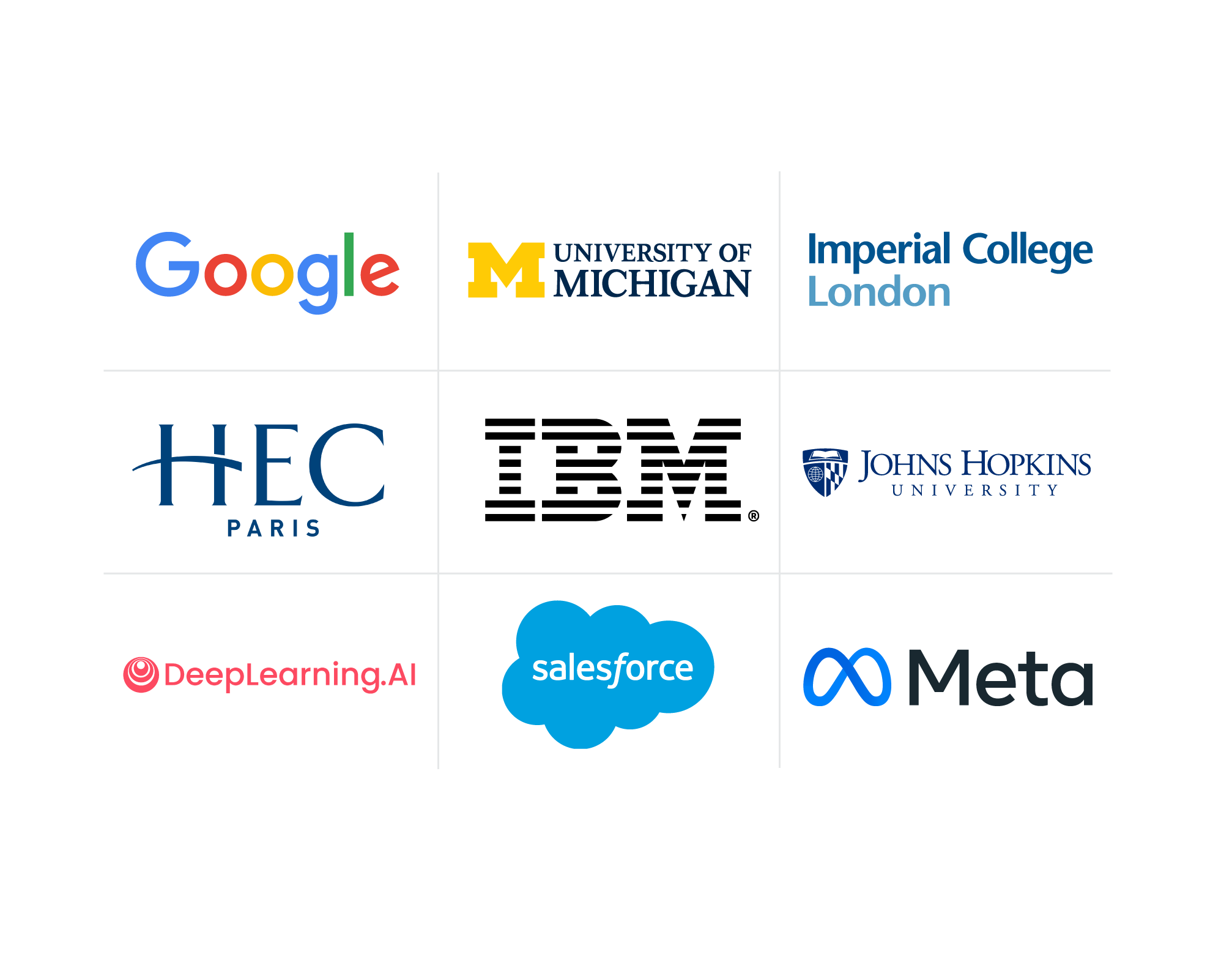Durable Skills for Sustainable Success in the Corporate World
Skills development plays a vital role in employee success and growth. Learn more about the benefits of durable skills and how they can support your organization’s success.

The world of skills development has recently transformed, enhancing the process of training employees. Instead of referencing skill sets as simply technical or workplace-oriented, professionals are redefining the terminologies to be more encompassing of the ever-changing nature of the workforce. Now, many professionals refer to these skills as perishable or durable.
Perishable skills involve specific technologies that require frequent relearning or updating; therefore, they have a shorter “life cycle.” Durable skills, however, are long-lasting skills that involve more abstract workplace facets, such as compassion and collaboration.
Discover more about durable skills in the corporate workplace, including its definition and the benefits of durable skills training.
What are durable skills?
Durable skills, similar to workplace skills, are more challenging to measure or define than technical skills. At their core, durable skills are professional skills that allow a person to function successfully as part of a larger team because they involve how that person interacts with others. These skills are universal across industries and jobs and remain essential for years to come despite workplace or technological advances.
Defining durable skills in the modern workplace
Durable skills in the modern workplace include teamwork, creativity, leadership, and problem-solving. These skills are foundational because, once developed, you can access and rely on them for your entire professional career. Durable skills are critical because they can determine the success of a team, how employees work together, and the general culture and efficiency of the business. While perishable skills could become outdated and require a rigorous professional development strategy, durable skills are often among the top-requested skills by employers, and they stay with you throughout your life.
Technological advances forced a skills evolution
As technology continues to be an increasingly integral part of business processes and success, identifying the different types of skill sets for training and hiring purposes becomes especially important. This need is why many human resource (HR) departments now consider skills as belonging to one of two categories: durable and perishable. By separating skill sets based on their longevity, business professionals have an easier time creating targeted training and seeking out employees with both.
The role of durable skills in long-term career development
Durable skills are integral to long-term career development, providing the primary framework for applying what you know to your daily responsibilities, from working with a team to communicating projects with others. Durable skills can help employees advance into leadership and managerial roles, and developing these skills can often speak to a person’s knowledge and experience.
Key durable skills for modern professionals
A 2021 report from America Succeeds revealed that durable skills comprised 70 percent of the most-requested abilities mentioned in the more than 80 million job postings they studied. The data was consistent across 22 industries and various geographic areas [1].
With that in mind, it begs the question: what are some of the primary durable skills employers seek? Let’s take a look at a few examples:
Critical thinking and problem-solving in complex environments
Adaptability and resilience to evolve with workplace changes
Effective communication across diverse platforms
Emotional intelligence for strong interpersonal relationships
Continuous learning and self-development strategies
The impact of durable skills on organizational success
Durable skills significantly impact organizational success because they inform the quality of business leadership. Well-developed, durable skills mean that high-quality talent fills managerial and executive roles. Plus, these skills have a direct impact on a business’s profits, growth, and performance. Below, discover more about how durable skills can impact your organization’s success.
Durable skills contribute to innovation and employee growth
These skills help build the foundation from which all other team collaboration grows, ultimately driving innovation and helping employees succeed in their current and future roles. When the workforce can effectively communicate with each other and have empathy for others’ perspectives, it’s easier for those employees to work together to create new ideas. Durable skills are transferable between roles, so employees can use them as they advance through different job titles without needing retraining.
Enhancing team collaboration through durable skills
Durable skills can enhance team collaboration by allowing employees from various backgrounds or departments to collaborate and work successfully as a unit, leading to greater efficiency and productivity. Furthermore, critical thinking and communication skills help instill a growth mindset because the team becomes comfortable sharing ideas.
The connection between leadership and durable skill proficiency
Companies are looking to the future and aiming to grow their business. They benefit from durable skills because they help employees cultivate initiative and drive, making them particularly vital for leadership roles. Though these skills support employees throughout their careers, those who can develop durable skills, such as critical thinking and adaptability, tend to make effective and successful leaders.
Read more: Empowering Success: A Comprehensive Guide to Workforce Development
Identifying and assessing durable skills in your workforce
You can locate and evaluate durable skills in your workforce through skills mapping and skills gap analysis. Skills mapping allows you to identify the desired skills for your team and use data, such as performance reviews or manager feedback, to find where your team’s strengths and weaknesses lie.
A skills gap analysis is similar. In this process, HR professionals compare employees' current skill levels to those needed to meet company goals. Either way, these methods provide insight into where you may need to train existing employees or how hiring new ones might help to upskill and reskill your team.
Developing a framework for assessing durable skills
Developing a framework for determining durable skills begins with identifying the skills your company considers as strategic drivers for your long-term projects and goals. This list might change over time, but having an idea about what types of skills you want to foster in your team helps provide the starting point needed.
Then, use this framework to focus on the right durable skills for your business’s unique needs when completing a skill gap analysis.
Tools and techniques for skill gap analysis
Skill gap analysis tools and techniques often fall into qualitative and quantitative categories. In a qualitative skills gap analysis, you assess an employee or team’s skills through a scale that measures quality. For example, you may evaluate whether employees are meeting or underperforming expectations surrounding certain skills.
In a quantitative analysis, you use numbers to reflect whether an employee has mastery over a specific skill. These evaluations provide the space to see any gaps in needed skills, which you can address with training, upskilling, or reskilling.
Read more: What Is a Skills Gap?

Benefits and challenges of a durable skills development program
Durable skills are necessary for employees and organizations to succeed. Implementing a development program can offer a unique mix of challenges and benefits, including the following:
Benefits of a durable skills program
The main benefit of durable skills is that they have a long shelf life. Therefore, they provide a strong foundation of value for employees as they face an ever-evolving workforce. No matter what the new technology or software might be, durable skills typically mean that an employee has the foresight, flexibility, and critical thinking skills needed to stay competitive and ready to face new challenges as they arise.
Challenges of implementing a durable skills program
In the past, many business leaders considered durable skills inferior—too abstract and intangible to provide actual value like a technical skill might. This tendency is why many HR departments have shifted to the term durable versus workplace. Before starting a program, it’s essential to consider that you might face reluctance to invest in durable skills training from stakeholders and other leaders. To avoid this, you must articulate the value of durable skills to a business’s growth.
Strategies for developing durable skills in your team
Choosing the strategies that create durable skills for your team begins with identifying what skills you want to foster. Then, incorporate comprehensive training opportunities to reinforce those skills. For example, instead of only training your team on specific software, you might also teach project management or organization.
To develop durable skills in your team, consider providing training, such as ongoing learning courses and certifications. Hiring additional employees who demonstrate durable skills also helps if they lead by example and can share knowledge.
Build your team's durable skills with Coursera
The benefits of durable skills are wide-ranging, from providing employees with foundational expertise to carry them through their careers to supporting business growth and innovation, even as technology changes.
Invest in your employees and offer them the opportunity to develop durable skills with training, courses, and certificates in the Leadership Academy from Coursera. With Coursera for Business, you’ll build effective managers at every level with beginner and advanced-level leadership content, including 40+ SkillSets to drive soft skill proficiency across the entire organization.
Article sources
1. America Succeeds. “The High Demand for Durable Skills, https://americasucceeds.org/wp-content/uploads/2021/04/AmericaSucceeds-DurableSkills-NationalFactSheet-2021.pdf.” Accessed August 16, 2024.
This content has been made available for informational purposes only. Learners are advised to conduct additional research to ensure that courses and other credentials pursued meet their personal, professional, and financial goals.


